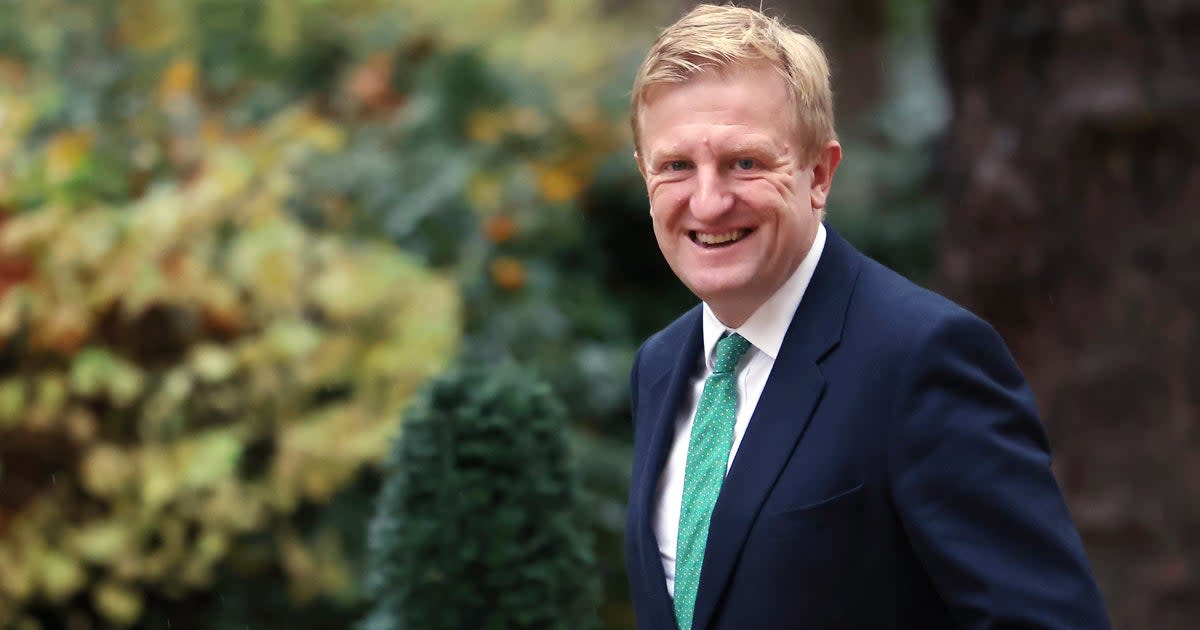Who is the deputy prime minister? Oliver Dowden to make UK’s screening powers “more business-friendly”

Less than two years after they were implemented, Deputy Prime Minister Oliver Dowden announced that the UK would be reducing its investment screening powers to make them "more business-friendly".
In response to security concerns that foreign countries like China were too easily able to acquire UK enterprises with national significance in technology and other areas, the UK implemented new screening powers in January 2022.
This week, Dowden will begin a review with the goal of "narrowing and refining" the National Security and Investment Act, which gives the government the authority to investigate takeovers and, in the end, prevent them.
In an interview with the Financial Times, Dowden expressed his desire to make sure that the state imposes "as little regulatory burden as necessary" and that "government regulation keeps up with the dynamism of the private sector".
So who is the deputy prime minister?
Who is Oliver Dowden?
Oliver Dowden has been the MP for Hertsmere, in Hertfordshire, since 2015. He is currently the deputy prime minister.
He grew up near Watford and he said he had an “excellent state education”, attending a comprehensive school before reading law at Trinity Hall, Cambridge. His father worked at a factory and his mother at Boots.
Before becoming an MP, Dowden worked for PR firm Hill & Knowlton and as former prime minister David Cameron’s deputy chief of staff.
He was appointed Chancellor of the Duchy of Lancaster last October before being appointed Secretary of State in the Cabinet Office in February.
Mr Dowden is a key ally of Rishi Sunak, and backed him strongly in both Tory leadership contests last year.
Over the years, the deputy prime minister has been minister without portfolio, Cabinet Office between September 2021 and June 2022. Before that, he was digital, culture, media and sport secretary between February 2020 and September 2021.
He has also been paymaster general and a parliamentary secretary.
Cancel culture and the war on ‘woke’
Dowden has hit headlines over the past couple of years by intervening in the national debate over the so-called “cancellation” of controversial historical figures.
Speaking to the Evening Standard last year, Dowden said that “woke culture runs contrary to the great liberal traditions of Western democracies”.
As culture secretary, Dowden opposed the return of historic artefacts held in British museums and galleries that had been brought to Britain during colonisation. In particular, he argued that the Benin bronzes, most of which had been removed by British armed forces from Benin City during a punitive raid, should remain in Britain.
In an interview with Channel 4 News in September 2021, about the bronzes held in the British Museum, he said: “The collections of our great national institutions have been developed over many, many centuries, in many times in questionable circumstances. I think the question now is about what we do with these.
“I love the Benin bronzes, I’ve seen them many times throughout my life, and I think them being in the British Museum, which is a world repository of heritage, allows people to see it but that doesn’t stop us from sharing it.”
Dowden was also embroiled in a controversy over claims that his department was behind an anti-woke purge of arts board members deemed to be on the wrong side of a cultural war surrounding statues, wealth derived from the slave trade and the representation of colonialism in museums.
During his time as co-chairman of the Conservative Party, Dowden continued to be identified with the controversy over “woke culture”.
In February 2022, Dowden gave a speech in the USA to the Heritage Foundation in which he called cancel culture a “painful woke psychodrama” sweeping the West and sapping its confidence.


